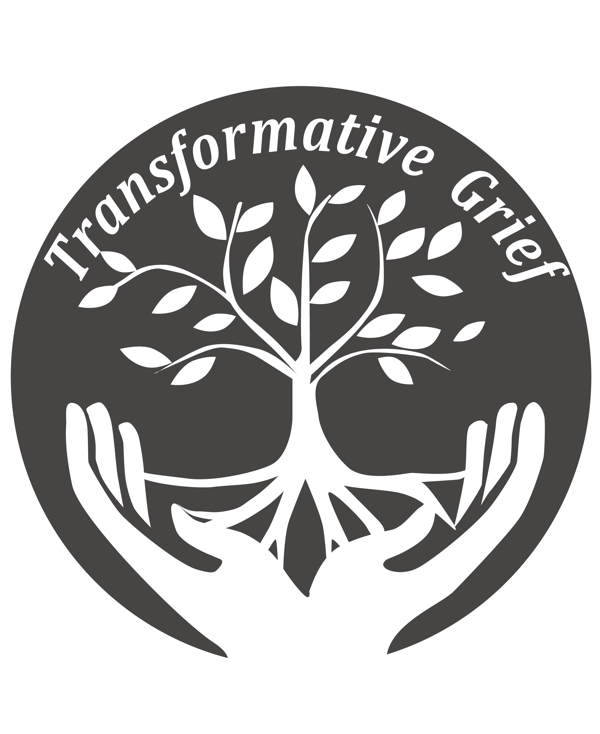The impact of loss is great. The after-effects on a family can be complicated and messy. It is important to be mindful of expectations, approach to communication and understanding that the needs of others may not reflect or support your own.
Creating space and respect for individual response, beliefs and needs without making assumptions, passing judgement or personalizing is a healthy approach to shared grief. Remember that everyone’s relationship with the person who died was unique and so to will be their grief. There is no right way to grieve, no proper way to express sorrow, no better way to process or heal. Everyone will have their own grief experience. Their own timeline. Their own pain points. Their own source of strength and comfort. How one family member grieves is not to be judged, compared, or questioned by another. It is perfectly normal for one to cry while another gets back to work and focuses on the tasks before them. Some find comfort in pictures while others cannot bear to see images of their loved one. Some prefer to discuss their loved one, maybe even ruminate over how they died or how the loss might have been prevented (magical thinking), while others may believe “they are in a better place”. Words that comfort one may trigger another.
Loss within a family presents unique challenges. In day to day life we often rely on family members for unconditional understanding, encouragement, support but when loss impacts the family system everyone is naturally and understandably absorbed in their own grief experience. They may not have the awareness, energy, patience, or capacity to show up for another while they too are grieving. This can lead to misunderstandings, hurt feelings, even resentment. It is important to not make assumptions, have expectations, or make demands within a family system in mourning. Try to rely on close friends, clergy, professionals (therapists, lawyers, accountants), and support groups for your primary support, comfort and healing rather than each other. This allows everyone space and time to experience their own grief and healing.
Expectations in grief are tricky. Dan and Carol Ohler explain in their article, Why Expectations Can Be Dangerous-And What To Do Instead, “An expectation is one person placing self-made obligations on the other person, without the other person’s input, understanding, consent or even knowing the obligations are there. The intent (not usually consciously) is to force my “right” way upon another person. The relationship is with the expectation, It’s dictatorial”. It is understandable to want and need others to be where you are in grief. To show up for you and to comfort and care for you in ways that feel best to you. Unfortunately, this may be difficult in shared grief.
This is not to suggest that families should not rely on each other, support each other, or be there for one another while grieving. On the contrary, recalling memories, sharing in ritual, having quality time together can be meaningful and comforting.
Grief work is depleting, unpredictable, and overwhelming. What (or who) feels right or comforting to one may not to another. Everyone experiences loss in their own way and in their own time. Boundaries in grief are important.
- Communicate your needs in a direct and respectful way (no one can read your mind or anticipate your needs). Use I-messages, not directive or blaming statements.
- Manage expectations of yourself and others (assume the best in one another, practice grace, remember and accept that everyone has different beliefs, needs and approaches in grief).
- Create a support network outside of your primary family.
- Practice compassionate self-care:
*Take each day as it comes.
*Exercise.
*Rest.
*Drink plenty of water (reduce/watch alcohol and caffeine intake).
*Be mindful of your self-talk (be sure it is reasonable, factual, encouraging and compassionate).
*Find respite in positive distractions (journaling, painting, music, meditations, puzzles, reading, prayer, exercise, gardening, movies, etc.).
*Give yourself permission to say yes or no based on what you want or need in the moment you are in.
Grief work is experiential. What feels comforting one day may not the next. Notice triggers and work to create buffers so they do not intensify already difficult emotions and experiences. Ensure that you have a self- care plan and support system in place to buoy you as you ride the waves of grief. Practice grace with family, respect boundaries, and manage expectations so that when you are together it is quality time that connects and comforts.









